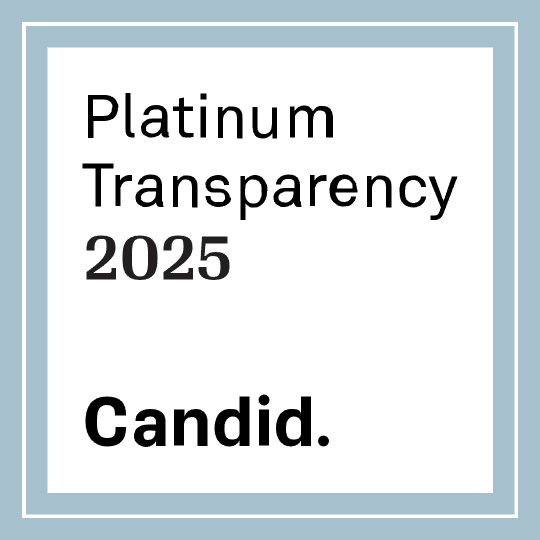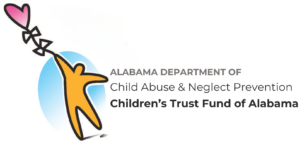In an age when social media platforms are often criticized for their negative impact on mental health, addiction recovery, an area that is often stigmatized, has found an unexpected source of support. A growing movement of recovery-supportive environments is emerging across social media platforms–from Facebook to TikTok, providing a lifeline and extra support to those struggling with addiction. These digital communities offer a space for connection, support, and hope, empowering individuals on their journey to sobriety. But as with anything on social media, there are always risks involved.
Understanding The Loneliness of Addiction
Addiction can be an isolating and lonely experience. The stigma attached to substance abuse often keeps individuals from openly discussing their struggles, even with close friends and family. This isolation can exacerbate the problem, making it even harder to seek help or stay on the path to recovery.
However, in today’s digital world, people have constant access to support and connections with other people. One place people in recovery can find additional support is in a recovery-supportive environment on social media.
What are Recovery Supportive Environments?
Recovery-supportive environments on social media are online communities and spaces created to provide support, encouragement, information, and a sense of belonging to individuals who are in addiction recovery or seeking help for substance abuse issues. These environments are characterized by their focus on promoting recovery, sobriety, and overall well-being.
Recovery-supportive environments may be created by an individual creator, such as a TikTok creator who shares a story of their experience and interacts with viewers in the comments, or private members-only support groups like the ones you may find on Facebook or Discord.
Looking at the Benefits of Digital Support Systems in Recovery
While it’s well-documented that excessive use of social media can lead to feelings of anxiety and depression, social media is also proving to be a powerful tool for recovery when used mindfully and purposefully. Some of the benefits of digital support systems include:
1. Anonymity promotes vulnerability
One of the key advantages of recovery-focused social media groups is the anonymity they provide. Many individuals are hesitant to discuss their addiction openly due to the fear of judgment or repercussions. In these online spaces, users can create pseudonyms or anonymous profiles so they can share their stories without revealing their true identities. This allows for a level of vulnerability that is often difficult to achieve in face-to-face interactions.
2. 24/7 support from almost anywhere
Addiction doesn’t adhere to any specific schedule, and neither do the cravings or moments of weakness. Recovery support on social media is available around the clock. Whenever someone needs a listening ear or a word of encouragement, these communities are there to assist. Support on social media can also be a valuable lifeline for people who live in rural communities and do not have access to as many in-person support groups as urban communities do.
3. Diverse perspectives
Social media brings together people from all walks of life–even from all across the world! Recovery communities are no exception. This diversity allows individuals to gain insights and advice from others who have faced similar challenges. Whether it’s the path to sobriety, coping mechanisms, or relapse prevention strategies, there is a wealth of experiences to draw from in recovery-supportive communities in social media.
The Power of Connection in Addiction Recovery
Connection is a fundamental human need, and it plays a vital role in addiction recovery. The isolation often associated with addiction can be broken by creating connections with others who understand the journey. Even if you don’t have anyone in real life who understands your struggles, recovery-supportive communities are free and available online, connecting you with all kinds of people who understand exactly what you’re going through.
Online recovery communities foster connections in several ways, such as:
Sharing stories of experience and hope
Users in recovery share their personal stories, struggles, and triumphs to demonstrate their experience, strength, and hope. This storytelling is therapeutic not only for the storyteller but also for those who are reading. It shows that they are not alone in their experiences and that recovery is possible.
Peer support and mentorship
The sense of belonging to a group of peers who understand the challenges of addiction is incredibly powerful. It provides a safe space to discuss cravings, triggers, and setbacks openly.
At the same time, many online recovery communities have individuals with long-term sobriety who act as mentors or sponsors. They offer guidance, accountability, and a shining example of what recovery can look like.
Building Resilience in Recovery Through Social Media Recovery Communities
Recovery-focused social media environments not only offer support but also build resilience and inspire hope in various ways, including:
- Progress tracking – Users can document their journey on social media by sharing milestones, and celebrating their achievements with others. This not only helps them recognize their progress but also motivates others to follow the same path.
- Positive affirmations – Encouragement and positive affirmations are very popular in these online communities. Members regularly remind each other of their strengths and potential for growth in recovery.
- Educational resources – Recovery communities often share informative articles, videos, and books on addiction and recovery. This educational aspect provides individuals with knowledge and tools to navigate their journey more effectively.
Exploring Potential Risks of Recovery Communities on Social Media
While the rise of recovery-supportive environments on social media is undoubtedly a positive development, both for those in recovery and those who are still struggling, it’s essential to acknowledge and address the challenges and concerns that come with it.
Some of the potential risks associated with social media recovery communities include:
- Inaccurate information – Not all information shared on social media is accurate or evidence-based. It’s crucial for individuals in recovery to verify the information they receive and consult professionals when needed.
- Online harassment – As with any online community, recovery spaces are not immune to harassment and negative interactions. Moderation is necessary to maintain a safe and supportive environment. Fortunately, some of the most popular social media platforms like TikTok and Facebook offer extensive options for peer moderation to minimize such interactions and maintain a supportive environment.
- Replacement addiction – In some cases, excessive use of social media can become a replacement addiction or a transfer addiction. It’s essential for individuals to strike a healthy balance and not use these platforms as a crutch.
The rise of recovery-supportive environments on social media demonstrates how people can use social media to their advantage. These online communities provide a vital lifeline for those facing addiction, offering a safe space for connection, support, and empowerment, but they are not a substitute for professional treatment.
As with any tool, it’s essential to use social media with caution in one’s recovery journey. These platforms can be powerful sources of support, but they should complement, not replace, professional treatment and real-world connections or support groups.









